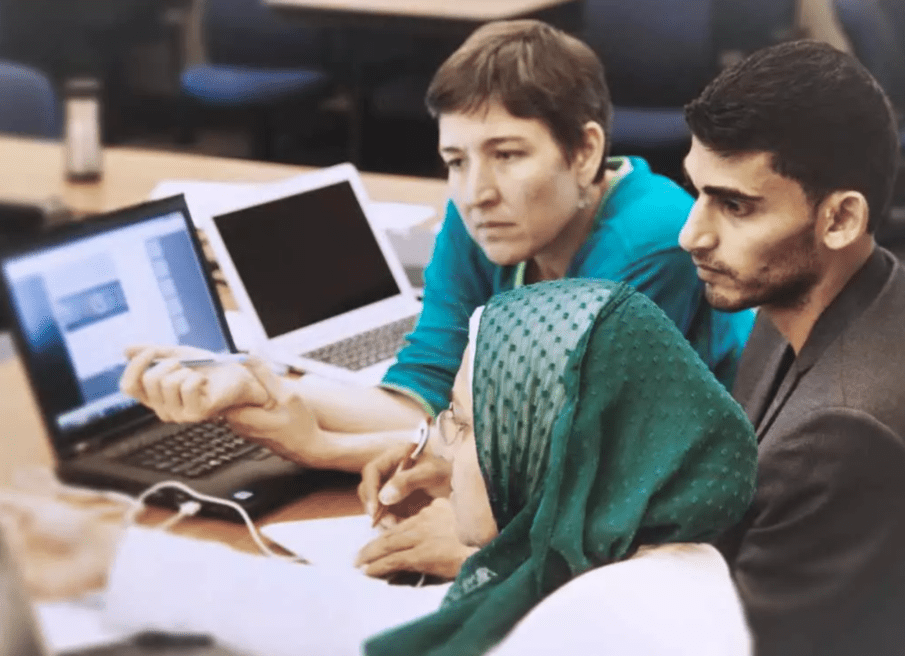
An Update from the Quality Holistic Learning Project
June 7, 2021 – The Center for Learning in Practice at the Carey Institute for Global Good is working virtually with a diverse stakeholder group to develop professional learning resources and opportunities for teachers working in displacement contexts within larger national education systems. The Refugee Educator Workforce Development Project for Quality Holistic Learning will build on existing SEL measurement tools, developments in the field of teaching and learning analytics, and evidence-based practices related to student-centered, holistic learning in crisis, emergency, displacement, and refugee contexts with the knowledge that holistic teaching and learning is not just a function of what is taught but how material is taught. Teachers, themselves, need holistic learning opportunities, thus our project centers teachers as self-directed learners and as leaders within their local, national, and regional contexts. Over 18 months, teachers and other key education stakeholders in four target countries—Chad, Kenya, Lebanon, and Niger—will work to create OERs in Arabic, English, and French that include professional development courses, toolkits, communities of practice, micro-credentials, and learning analytics. The Quality Holistic Learning (QHL) Project aims to increase quality holistic learning experiences and outcomes for refugee students, other vulnerable learners, and educators across displacement contexts.
Working with a team of students from Boston University in Using Mobile Applications to Improve Health Outcomes (GH 806) and continuing on with other partners, the Center for Learning in Practice has developed a prototype app for assessing holistic learning and supporting teacher wellbeing. Watch the video explaining and then demonstrating the prototype for this new mobile application.